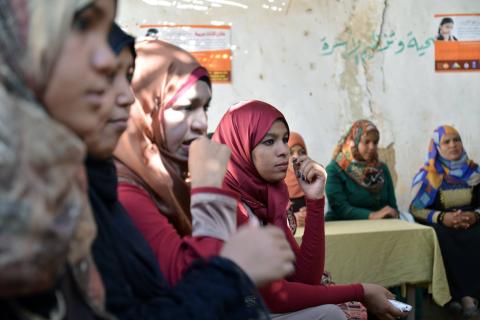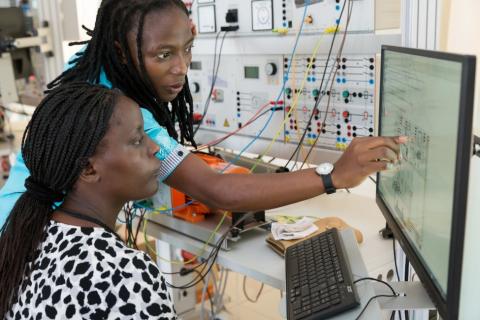UN DESA Policy Brief No. 178: Assessing group-based inequalities across the life course for a more inclusive world
While there has been progress in promoting opportunities for all since the 1990s, group-based inequalities persist, including during childhood. Gaps between groups are not closing fast enough; the goal of leaving no one behind is likely to remain out of reach by 2030. This brief illustrates how inequality in opportunity between different population groups can be quantified using existing household survey data, drawing on analysis conducted for the 2025 edition of the World Social Report.
UN DESA Policy Brief No. 176: Family-oriented policies and programmes in Voluntary National Reviews (2020-2024)
This brief presents a global analysis of 171 Voluntary National Reviews (2020–2024) from 141 countries addressing core aspects of family well-being by focusing on policies related to: poverty reduction (SDG1), food security and nutrition (SDG2), health and well-being (SDG3), quality education (SDG4), and gender equality (SDG5). It also considers complementary goals that influence the well-being of families, including access to water and sanitation (SDG6), housing, transportation, and inclusive urban development (SDG11), reduced inequalities (SDG10), as well as peaceful and inclusive societies (SDG16).
UN DESA Policy Brief No. 161: On the path to an older population: Maximizing the benefits from the demographic dividend in the least developed countries
While many least developed countries (LDCs) are still experiencing persistently high fertility and rapid population growth, they have also begun to experience progressive population ageing. Preparing for population ageing in LDCs will be critical for achieving sustainable development and ensuring that no one is left behind. Maximizing the benefits from the demographic dividend will provide an opportunity for these countries to develop economically before their populations become much older.
UN DESA Policy Brief No. 152: Population, education and sustainable development: interlinkages and select policy implications
The demographic transition, including decreased fertility and child dependency, brings opportunities to boost the human capital of young people and adults alike.
UN DESA Policy Brief No. 151: Why Indigenous languages matter: The International Decade on Indigenous Languages 2022–2032
Indigenous languages hold vital information about scientific and traditional knowledge on ecosystems, conservation and sustainability that benefits the whole of society. Every time an Indigenous language becomes extinct, the millennial knowledge of a culture is lost forever to the detriment of Indigenous Peoples and humanity. Inclusive policies can help reverse the trend and preserve the existence of Indigenous Peoples, their languages, cultures and knowledge.
UN DESA Policy Brief No. 140: A World of 8 Billion
Wealthy countries and the international community should support sustainable development in low-income and lower-middle-income countries by providing the necessary technical and financial assistance so that their economies can grow rapidly using technologies that minimise environmental harms.
 Welcome to the United Nations
Welcome to the United Nations





